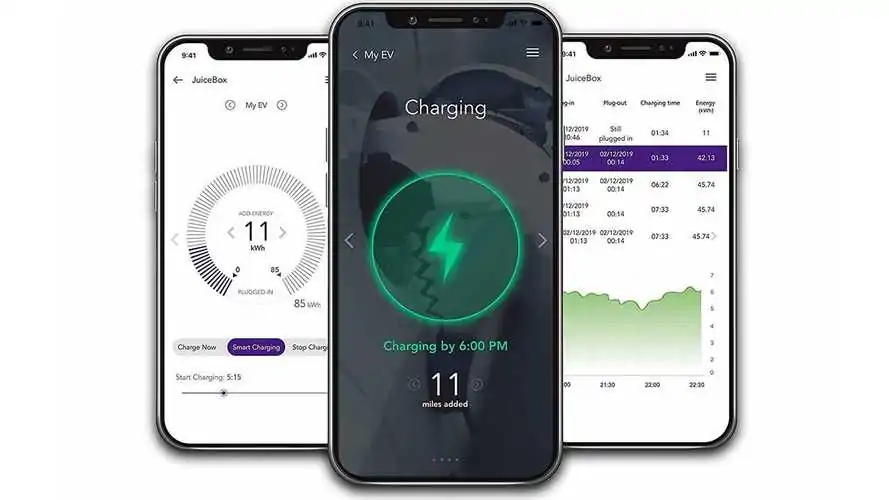Enel X Way JuiceBox Charger Customers Cut Off as Company Shuts Down in North America
Enel X Way North America’s sudden shutdown this week is a significant blow to customers of its JuiceBox home EV chargers, as the company has turned off all its software and connected services. This means while the physical chargers will still be able to charge electric vehicles, users will no longer have access to the key smart features that likely drew them to the product in the first place. These connected services, such as remote monitoring, scheduling, energy usage tracking, and integration with home automation systems, are no longer available.
The decision to close operations in North America highlights the challenges Enel X Way faced in the region, citing a difficult financial environment as the primary reason for the abrupt exit. This leaves customers without support, updates, or access to the app-based functionality they relied on for convenience. The situation is particularly frustrating for EV owners who have invested in infrastructure that is now without the smart functionality.
“All Enel X Way software will be discontinued,” the company said in a statement. Commercial charging stations will lose functionality in the absence of software continuity. The Enel X Way App and all other Enel e-mobility apps in North America will be discontinued and removed from the App Store.”

The loss of app access for JuiceBox charger owners is a significant setback, as it strips away many of the smart features that made the product attractive. Key functionalities like scheduling charging sessions, setting charging preferences, monitoring energy use, and remote control have been integral to how owners manage their EV charging at home. These features provided not only convenience but also cost savings by allowing users to charge during off-peak hours or better track their energy consumption. Without them, the JuiceBox charger becomes a basic plug-in device, falling far short of its original value proposition.
Enel X Way’s decision also affects commercial charging stations, which will now be completely offline. This could disrupt businesses, public charging networks, and anyone relying on those stations for regular vehicle charging, adding frustration to an already challenging situation for EV owners and operators.
Enel X Way’s exit from the North American market reflects the broader difficulties companies face when scaling infrastructure-heavy industries like EV charging. Acquired by Enel X Energy in 2017, the JuiceBox charger has been a popular choice for home and commercial EV charging due to its smart features, which are now abruptly inaccessible. Enel X’s focus on regions where it operates as an electricity retailer, combined with rising interest rates and slower-than-expected EV adoption in the U.S., contributed to its decision to exit. These financial headwinds, along with changing market dynamics, have made it difficult for the company to compete and scale effectively in the U.S. market.
The consolidation of the EV charging sector, which many experts anticipated, seems to be accelerating. Early entrants like Enel X Way are feeling the squeeze, especially as larger players and more resilient companies with deeper pockets begin to dominate. However, the more concerning issue is the abandonment of customers who had invested in the company’s ecosystem. Many JuiceBox owners, some of whom were connected with local energy retailers, are now left in the lurch without the software that was key to managing their charging experience. The company’s failure to maintain service or offer a transitional plan for its customers raises concerns about the risks inherent in depending on connected hardware that could go offline if the company behind it falters.
Social media has been rife with criticism and demands for Enel X to provide some form of long-term support or alternative solution for affected customers. Whether this leads to any meaningful resolution remains to be seen, but the pressure is mounting.
This situation also highlights a larger issue with connected hardware: when the backing entity goes offline, so does the value of the smart features. It’s a problem the industry as a whole will need to address more proactively.
Enel X Way’s parent company, Enel S.p.A., is an Italian multinational manufacturer and distributor of electricity and gas. It is the 59th largest company in the world by revenue, with $147.79 billion in 2023.

Electric Vehicle Marketing Consultant, Writer and Editor. Publisher EVinfo.net.
Services